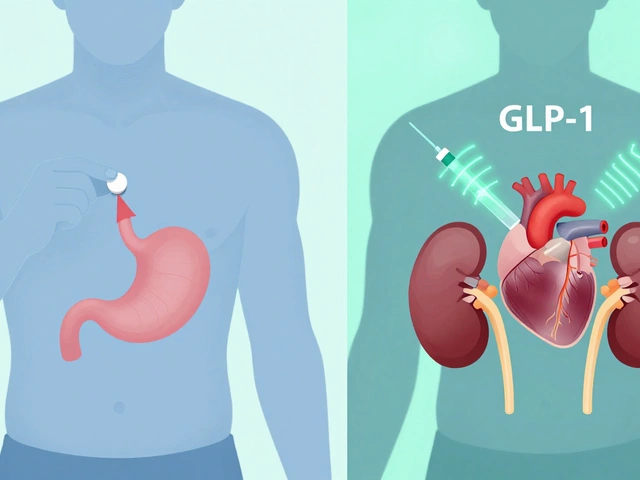Failed Surgeries: Common Reasons and What You Can Do
Ever wondered why a procedure that promised relief sometimes leaves you with more problems? It’s not rare. Surgery can go wrong for many reasons—some you can spot early, some you can’t. Knowing the red flags helps you act fast and limits the damage.
Why Do Surgeries Fail?
First off, the biggest culprits are infection, poor wound healing, and technical errors. An infection can show up as fever, redness, or drainage a few days after the operation. If the wound doesn’t close properly, you might see swelling, persistent pain, or a fluid build‑up called a seroma.
Technical mistakes are harder to see. A misplaced screw, a tiny cut in a blood vessel, or a nerve that’s unintentionally damaged can cause chronic pain or loss of function. Sometimes the surgeon’s plan simply doesn’t match the patient’s anatomy, leading to an unsatisfactory outcome.
Don’t forget the patient’s side of the story. Underlying health issues—like diabetes, smoking, or a weak immune system—make healing tougher. Skipping pre‑op instructions, such as stopping certain meds, can also raise the risk of complications.
What to Do If You Suspect a Failed Surgery
Act quickly. Call your surgeon’s office as soon as you notice anything out of the ordinary—fever, intense pain, drainage, or loss of movement. Ask for a clear explanation and request an urgent follow‑up appointment.
If the response is vague or you feel ignored, don’t wait. Go to the nearest emergency department, especially if you have a fever over 101°F, sudden shortness of breath, or uncontrollable bleeding. These signs can mean a serious infection or internal damage that needs immediate care.
Document everything. Keep a diary of symptoms, dates, and any conversations with medical staff. Photographs of the wound can be useful if you need to discuss the case later with another doctor or a legal advisor.
Consider a second opinion. A different surgeon can review imaging, assess the wound, and tell you if a revision surgery or another treatment is needed. Many hospitals have patient‑advocate services that can help you arrange this without extra cost.
When it comes to legal options, know that not every complication is malpractice. You’ll need to prove that the standard of care was breached and that the breach caused your injury. A qualified medical‑lawyer can review your records and advise you on whether a claim is worth pursuing.
Finally, focus on recovery basics. Follow wound‑care instructions exactly, keep the area clean, and attend all physical‑therapy sessions if prescribed. Good nutrition, staying hydrated, and avoiding smoking boost healing speed.
Failed surgeries are scary, but you don’t have to face them alone. Spotting the warning signs early, getting prompt medical help, and knowing your rights can turn a bad situation into a manageable one.

Understanding Cardiac Surgeries: The Challenges and Risks
Heart surgeries carry significant risks due to the complexity of the heart's structure and functions. Despite advancements in technology, certain surgeries have higher failure rates due to various factors including patient health, surgical errors, and postoperative complications. This article explores the common types of heart surgeries, their associated risks, and offers insights into why some procedures fail more frequently than others. It serves as a comprehensive guide for those seeking to understand the intricacies involved in cardiac operations.




